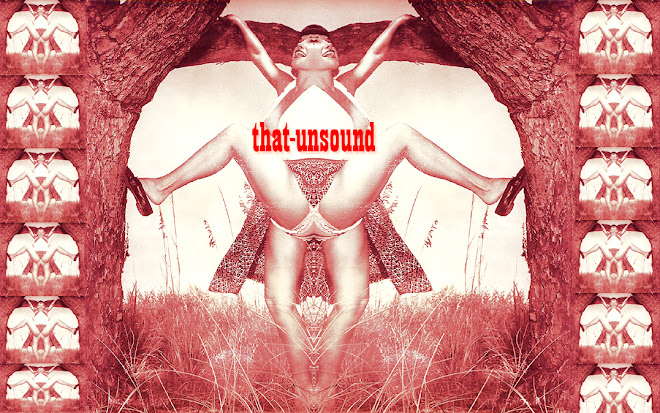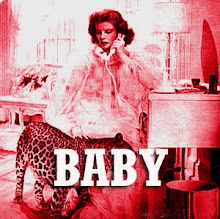
....'At the University of London, Whitehead turned his attention to issues in the philosophy of science. Of particular note was his rejection of the idea that each object has a simple spatial or temporal location. Instead, Whitehead advocated the view that all objects should be understood as fields having both temporal and spatial extensions. For example, just as we cannot perceive a Euclidean point that has position but no magnitude, or a line that has length but no breadth, it is impossible, says Whitehead, to conceive of a simple spatial or temporal location. To think that we can do so involves what he called "The Fallacy of Misplaced Concreteness," the error of mistaking the abstract for the concrete.[2]
As Whitehead explains, it is his view "that among the primary elements of nature as apprehended in our immediate experience, there is no element whatever which possesses this character of simple location. … [Instead,] I hold that by a process of constructive abstraction we can arrive at abstractions which are the simply located bits of material, and at other abstractions which are the minds included in the scientific scheme."[3]
Whitehead's basic idea was that we obtain the abstract idea of a spatial point by considering the limit of a real-life series of volumes extending over each other, for example, a nested series of Russian dolls or a nested series of pots and pans. However, it would be a mistake to think of a spatial point as being anything more than an abstraction; instead, real positions involve the entire series of extended volumes. As Whitehead himself puts it, "In a certain sense, everything is everywhere at all times. For every location involves an aspect of itself in every other location. Thus every spatio-temporal standpoint mirrors the world."[4]
Further, according to Whitehead, every real-life object may be understood as a similarly constructed series of events and processes. It is this latter idea that Whitehead later systematically elaborates in his imposing Process and Reality (1929), going so far as to suggest that process, rather than substance, should be taken as the fundamental metaphysical constituent of the world. Underlying this work was also the basic idea that, if philosophy is to be successful, it must explain the connection between objective, scientific and logical descriptions of the world and the more everyday world of subjective experience.
While at London, Whitehead also became involved in many practical aspects of tertiary education, serving as Dean of the Faculty of Science and holding several other senior administrative posts. Many of the essays in his The Aims of Education and Other Essays (1929) date from this time. It was also during his time in London that Whitehead published several less well known books, including An Inquiry Concerning the Principles of Natural Knowledge (1919), The Concept of Nature (1920), and The Principle of Relativity (1922).' quote from Stanford Encyclopedia
11.3.10
Whitehead and the object as an event
Subscribe to:
Post Comments (Atom)









No comments:
Post a Comment